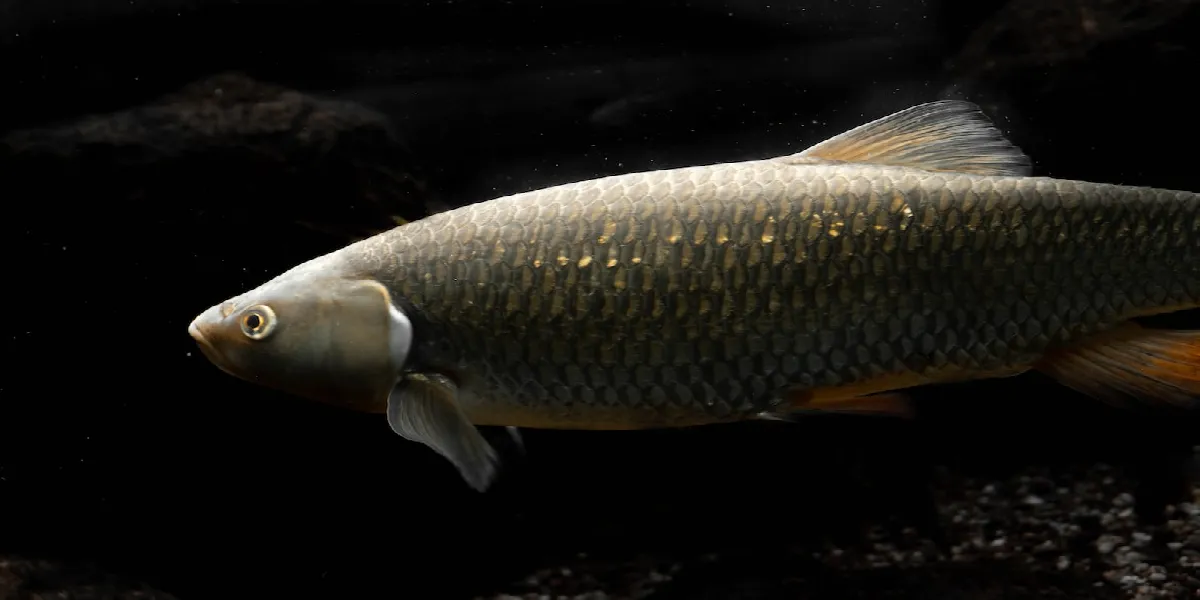Many fishing enthusiasts prefer releasing the fish they catch, and many others would like to take them home and eat them for dinner. So what is the right thing to do? Is releasing a fish better than taking it with you? And how to do it in the proper way? Check out advice in this article.
Check If You Have to Release the Fish You Caught
Before you decide what to do with your fish, check legal regulations regarding this matter. You need to abide by the limits that are set by local authorities (for example, state or regional limitations). Usually you have a limit of the total number of fish you can take, as well as the size of them.Always update your knowledge, because the limitations might change within seasons (for example, when some species are mating), and regarding the particular fish or even body of water (for example ponds and lakes within the borders of natural parks).
Consider the State of the Fish Population
Some studies show that fish populations, especially in the oceans, are at risk of extinction. While this is mostly caused by water pollution, overfishing is also to blame. Of course a big part of the problem is commercial fishing, but you might consider this fact when deciding on whether or not you should release a fish you just caught.
Use Proper Techniques
The only way releasing a fish might be good for the environment and the state of the population is when the fish survives. This is why you need to learn the proper way to catch a fish - to increase its chances of surviving. For example, you shouldn’t remove the hook with a dehooking device, but by using your hand or needle-nose pliers. Your hooks should be barbles to not tear the fish’s flesh. You should also not take a fish out of water or, if you do so, limit the time outside to a minimum (max. time is four minutes).If you use improper techniques and the fish dies, you don’t help much. In case you know you didn’t do a great job with lining, choosing a hook, and catching the fish, the best option would be to take it home and have it as your meal, instead of wasting it.
Find more information about safe fishing and techniques at https://findyourfish.net/.
Eat Your Fish
Species of fish that live wildly should keep living in the wild. If you decide to take your fish with you, do it only for food purposes. Do not keep a fish in an aquarium or a small pond as it will suffer since it is used to something totally different.
Conclusions
The catch and release method is mostly used to prevent overfishing and is connected to conservation of water environments. If your catching technique is good, you might freely release the fish back into the wild. If you decide to eat your fish, remember to check legal regulations on time, species, and limitations that apply to anglers.

Learn the basics of how to get started playing an instrument with this helpful guide. Discover the best instruction methods and resources available, as well as tips for selecting the right instrument for you. Start playing music and enjoy the journey!

This article provides step-by-step instructions on how to troubleshoot and fix low FPS bug in the Valorant client. Learn how to identify the cause of the issue, update drivers, adjust game settings, optimize Windows, and more.

Learn how to solve the Stone Dais Puzzle in the Resident Evil 4 Remake with this detailed guide. From the dais location to the item requirements, this walkthrough will help you complete the puzzle and progress in the game.

Enjoy unlimited binge watching with Netflix and never miss out on your favorite shows and movies. From classic sitcoms to new releases, Netflix has you covered. Sit back, relax, and start streaming today.

John Wick, the legendary hitman, faces a new set of adversaries in John Wick Chapter 4. But, does John Wick survive his latest mission? Find out here, as we answer the question of whether or not John Wick dies in John Wick Chapter 4.

Michael Jordan began playing basketball at a young age, competing in the NBA for the first time during the 1984-1985 season. He quickly rose to become one of the greatest players of all time, winning six NBA championships during his career.

Lionel Messi has been a professional football player since 2003. Messi began playing soccer at a young age and quickly rose to fame, becoming one of the most celebrated players of all time. Learn more about the phenomenal career of Lionel Messi and when he first began playing soccer.

Jimi Hendrix began playing guitar at the age of 15 in Seattle, Washington in 1955. He quickly developed a unique style, blending elements of rock, blues, jazz and funk to create a sound that has been influential on generations of musicians.

